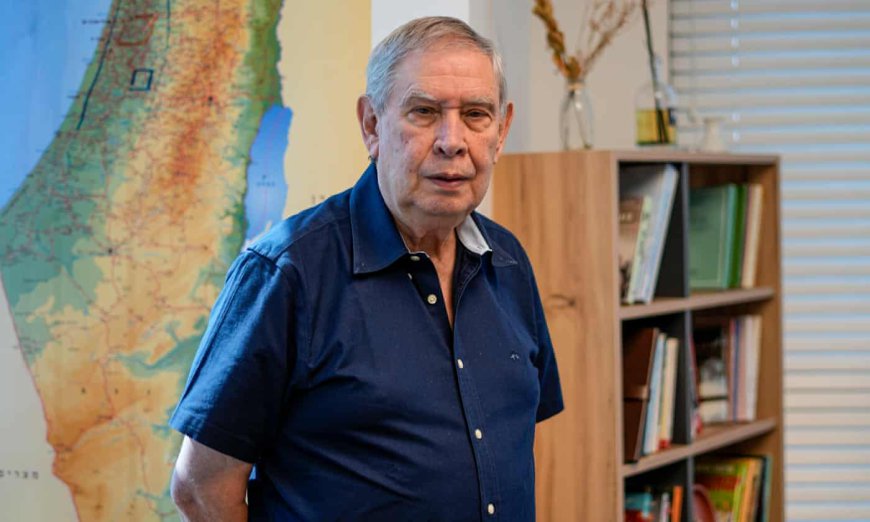Former Mossad Chief Accuses Israel of Imposing Apartheid on Palestinians
Former Mossad chief Tamir Pardo's startling revelation: Israel's imposition of apartheid on Palestinians, drawing comparisons to South Africa's system. Explore the impact of his comments and the ongoing debate.

In a significant and controversial statement, Tamir Pardo, a former head of Israel's Mossad intelligence agency, has drawn parallels between Israel's treatment of Palestinians and South Africa's historical apartheid system. This assertion is causing a stir, given Mossad's high regard in Israel and the current political climate in the country.
Understanding Pardo's Comparison
Pardo highlighted various aspects of Israel's policies in the West Bank, shedding light on the restrictions placed on Palestinians, who are subject to military law, while Jewish settlers in the same areas are governed by civilian courts. He didn't mince words, stating, "There is an apartheid state here," emphasizing the stark legal disparities within the same territory.
The Timing and Implications
The timing of Pardo's remarks is crucial, as far-right elements in Israel's government are actively working to undermine the prospects of an independent Palestinian state. This intensifies the already heated Israel-Palestine conflict debate.
Challenging the Status Quo
Pardo's views challenge the traditional stance taken by successive Israeli governments, which often dismiss accusations of apartheid as being driven by anti-Semitism. However, when such allegations come from individuals within the Israeli establishment, they become harder to ignore.
Threat to Israel's Identity
Pardo expressed concern that Israel's ongoing occupation of the West Bank, often referred to as the "forever occupation," poses a threat to Israel's identity as a Jewish state. He stressed the need for Israel to define its borders and boundaries.
A Growing Consensus
Pardo is not alone in making this comparison. Several prominent Israeli figures, including former attorney general Michael Ben-Yair, former Israeli parliament speaker Avraham Burg, and historian Benny Morris, have voiced similar opinions. They are part of a growing group of over 2,000 Israeli and American public figures who have signed a statement declaring that "Palestinians live under a regime of apartheid."
International Perspective
International figures, such as Mary Robinson, the former Irish president, and Ban Ki-moon, the former UN secretary-general, have also described the situation in the occupied territories as meeting the international legal definition of apartheid.
Implications and Complexities
The ongoing debate about apartheid in the Israeli-Palestinian context has significant implications for the region and sparks discussions on an international level. The controversy surrounding Pardo's statement adds to the complexity of the Israel-Palestine conflict and its potential impact on future developments in the region. It's a topic that's sure to continue making headlines and shaping the discourse on this longstanding conflict.







